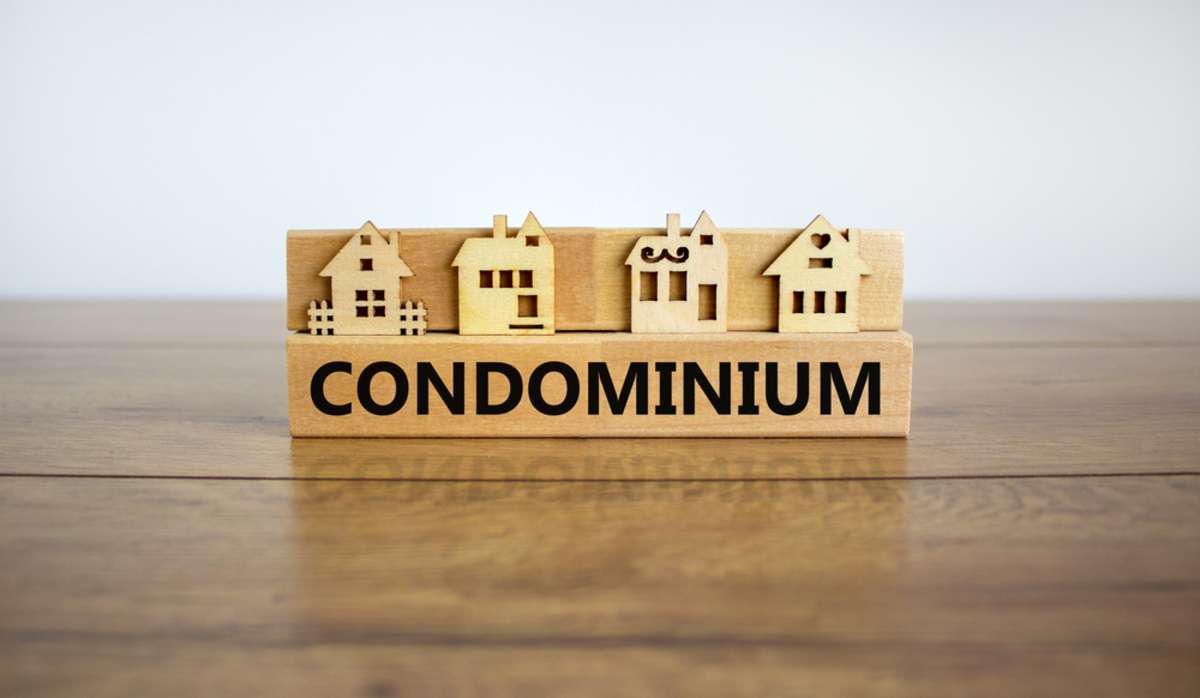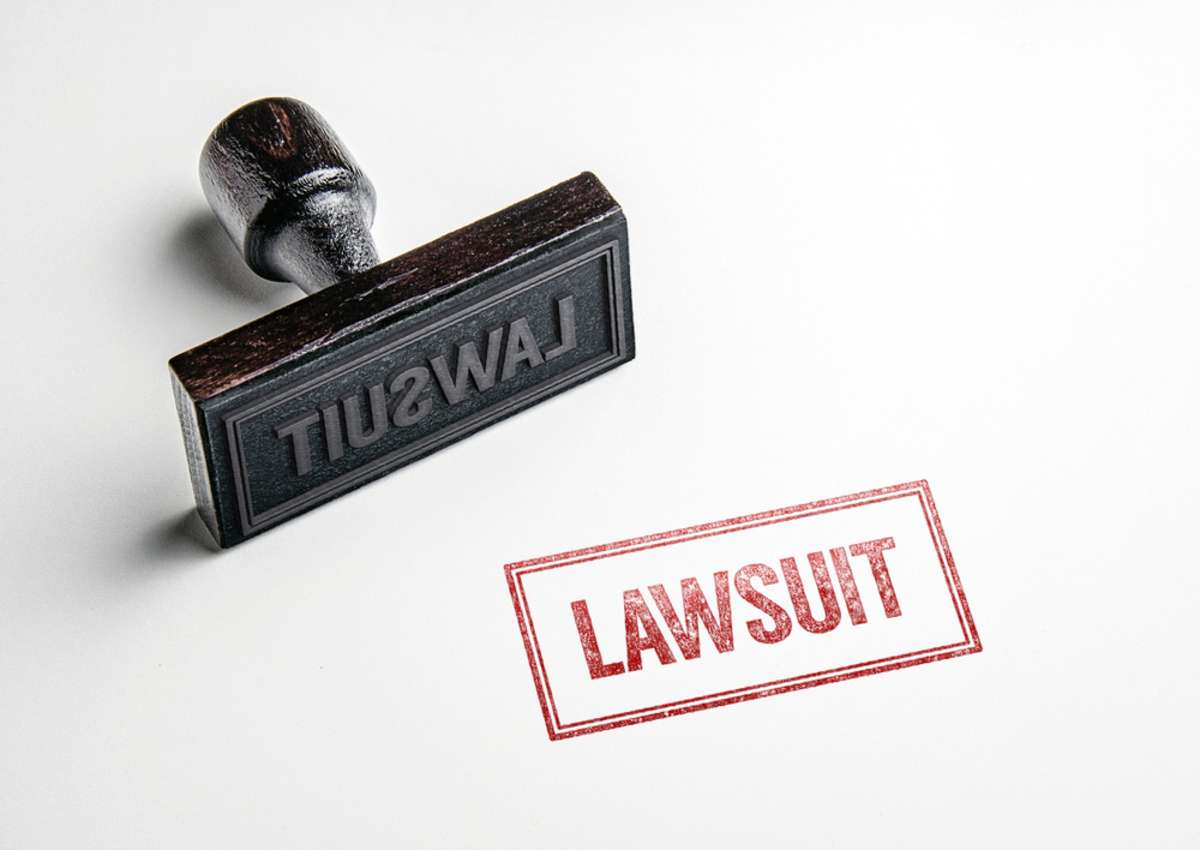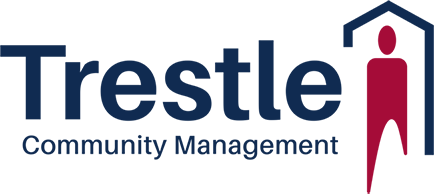Can Homeowners Sue Condo Association Board Members?
Condominium associations have a wide range of financial and legal responsibilities. Community association board members must ensure that the community association meets its obligations while remaining financially solvent. However, homeowners associations may also take on certain liabilities.
As a board member, can you be held responsible individually for the board’s legal liabilities? In other words, can homeowners sue you if they have an issue with the board? Keep reading to learn more about association liabilities and how it affects board members.


Are Condo Association Board Members At Risk of a Lawsuit?
First, it’s essential to understand that as a board member, you are a part of your community and a private citizen. As such, a homeowner can sue you for any perceived grievance, just like they can file a lawsuit against any neighbor. However, in most cases, it’s rare that an individual board member can be held personally responsible in a lawsuit from a resident who takes a grievance with the board to the court system.
Sometimes homeowners become dissatisfied with community associations and decide to sue or get a lawyer involved to resolve disputes or disagreements. While it is unlikely for an individual homeowner to file a lawsuit against community association board members over non-financial issues (such as noise complaints), board members are at some level of risk depending on personal interactions with condominium association members.
When a board member is negligent in their duties or uses their position to harass a neighbor or enforce unfair penalties, uses board funds for personal use, receives an unfair advantage as a preferred vendor over a non-member vendor, or otherwise takes advantage of the board and community, they could face a lawsuit.
Can a Condo Owners Association Be Subject to a Lawsuit?
When can a condo owner sue the condominium management board as a whole? Several scenarios could lead to a community association lawsuit.
Failing to Maintain Common Areas
HOAs must keep up with maintenance and repairs for common spaces and elements. Since association members pay dues and entrust the board to use those fees to maintain the community, condo owners can sue when the board fails to uphold this responsibility.
Selective Rule Enforcement
Fair and consistent rule enforcement is critical for a thriving community! If your condo association board does not uniformly enforce rules, homeowners can sue for selective or unfair enforcement.
Misusing Funds
Even with a commitment to trustworthy and honest board members, theft, embezzlement, or fraud can happen. When a community association board takes part in any of these illegal activities and misuses funds collected through HOA dues, homeowners can file a lawsuit.
Negligent Supervision
An association board has a fiduciary duty to community members and must act in their best interests. Community association managers and board members are responsible for caring for community property, ensuring community standards, and executing the community rules fairly. When community board negligence leads to accidents or injuries, homeowners can sue for damages.
Any Types of Discrimination
Condominium association boards must follow federal and state Fair Housing laws. Violations can include harassing or excluding homeowners based on race, religion, familial status, disability, and other factors. Even if discrimination is unintentional, like not having adequate, accessible building features for residents with disabilities, a condo owner can sue the board.
Harassment
Sometimes homeowners fail to cooperate with the rules of living in the building or community. Despite every effort to enforce the rules according to the homeowners association by-laws and governing documents, a resident still refuses to comply. However, any attempt to harass this neighbor in an attempt to highlight their refusal within the community or encourage them to simply pick up and move can lead to a lawsuit. Harassment by board members or the board as a whole is grounds for a lawsuit from the condo owner. 
How Can Your Condominium Management Board Protect Itself?
The best way to protect your board from potential lawsuits is to operate with honesty, integrity, and transparency while serving the community well. Unfortunately, however, even the most well-run condo management boards can be vulnerable to lawsuits.
Work with professional community association managers to set up operations and governing documents. The right company can also serve as a support system to handle disputes, navigate conflicts, enforce the rules, and provide accountability. In addition to the right management company, condo owners associations should also partner with a good attorney to provide counsel on legal issues and potential claims against the board.
Protect Your Board With a Community Association Management Company
Making the right impact on your community is essential for condo HOA boards. Safe and healthy communities with well-managed boards reduce the risk of legal liabilities and neighborhood disputes. If you’re ready to strengthen community association board operations and reduce the potential for lawsuits, Trestle Community Management can help! Whether you need consulting or finance-only services or your condominium association could benefit from full management services, reach out soon to learn more about how we can help protect your board and help you build a happy community!



